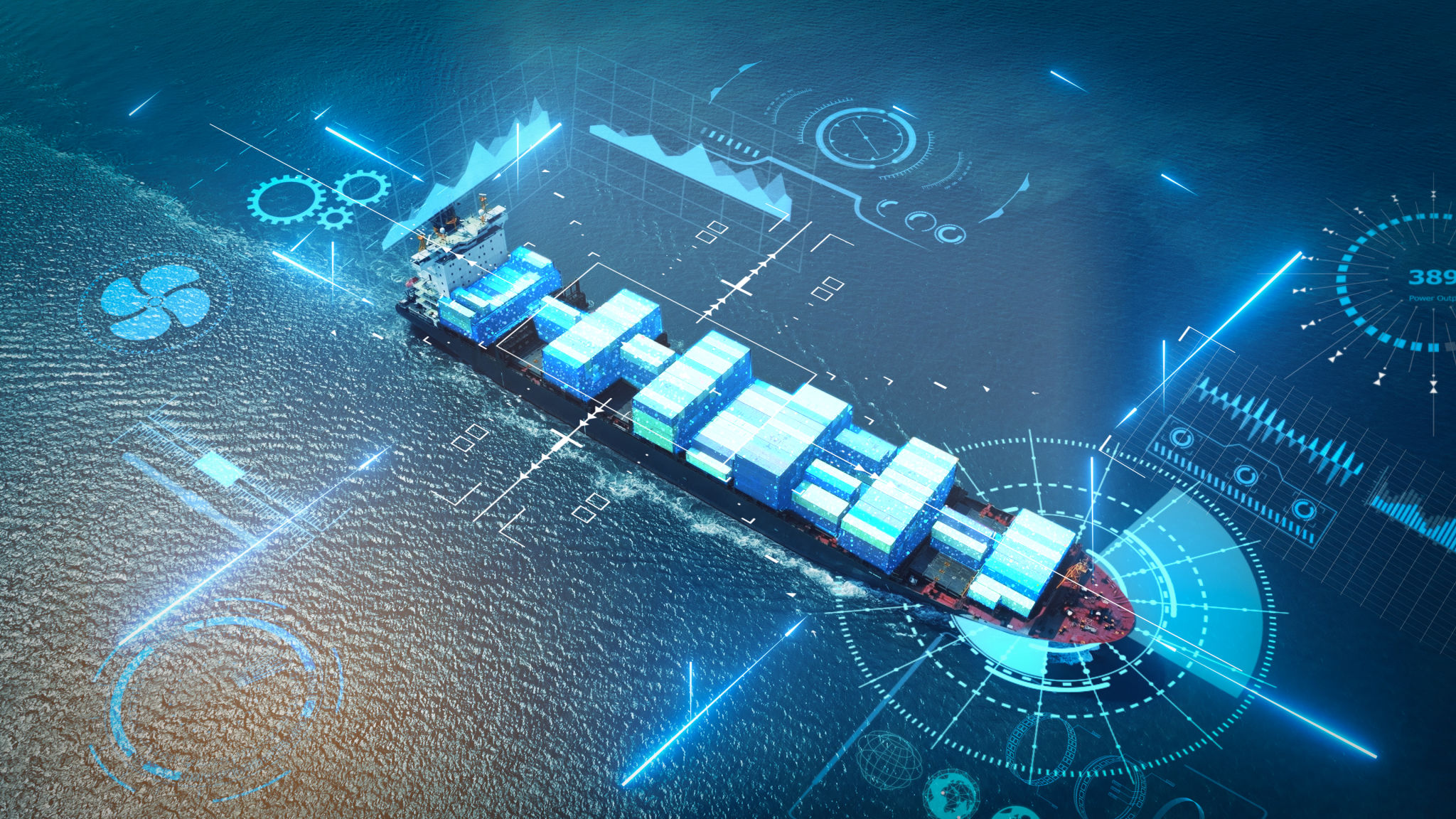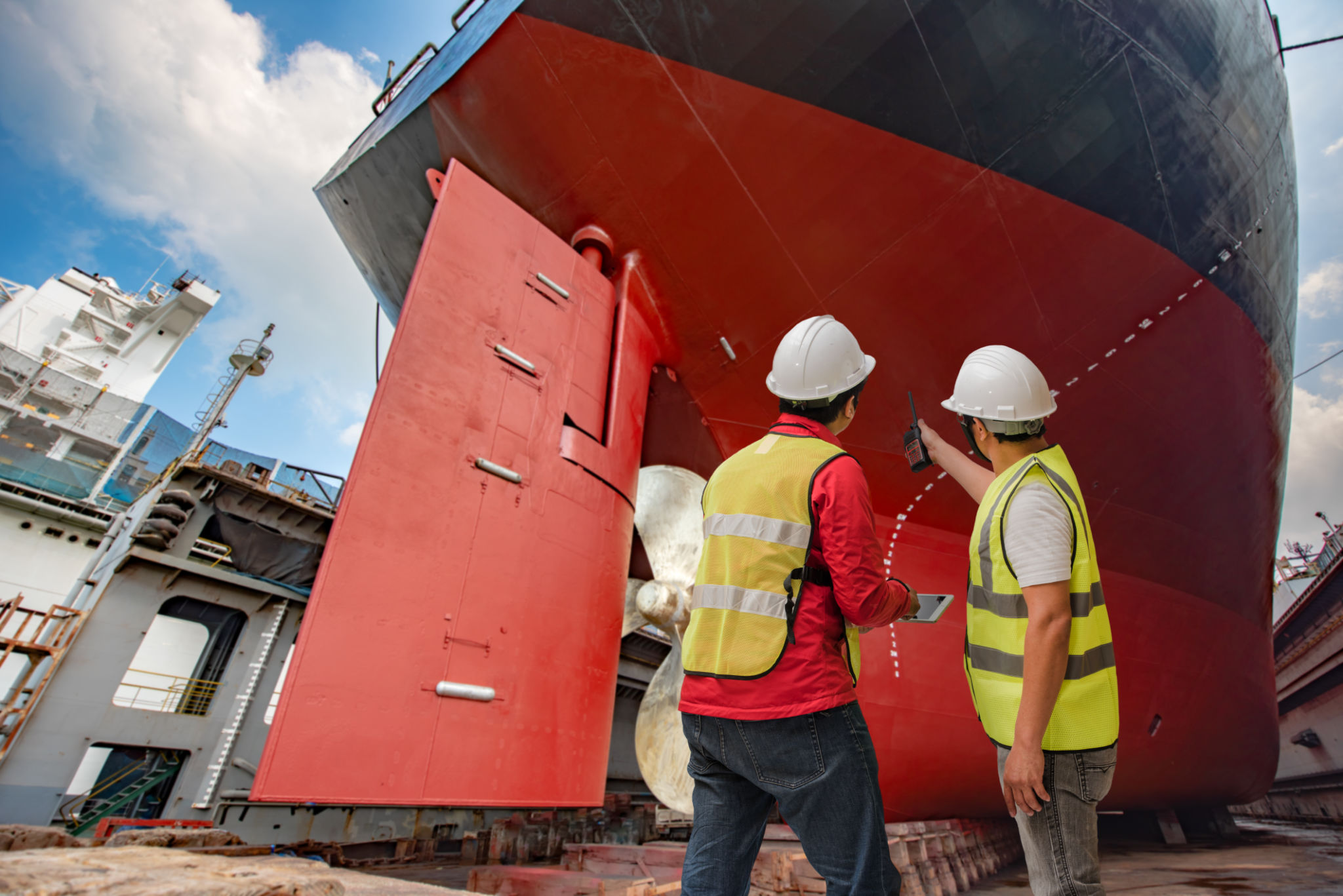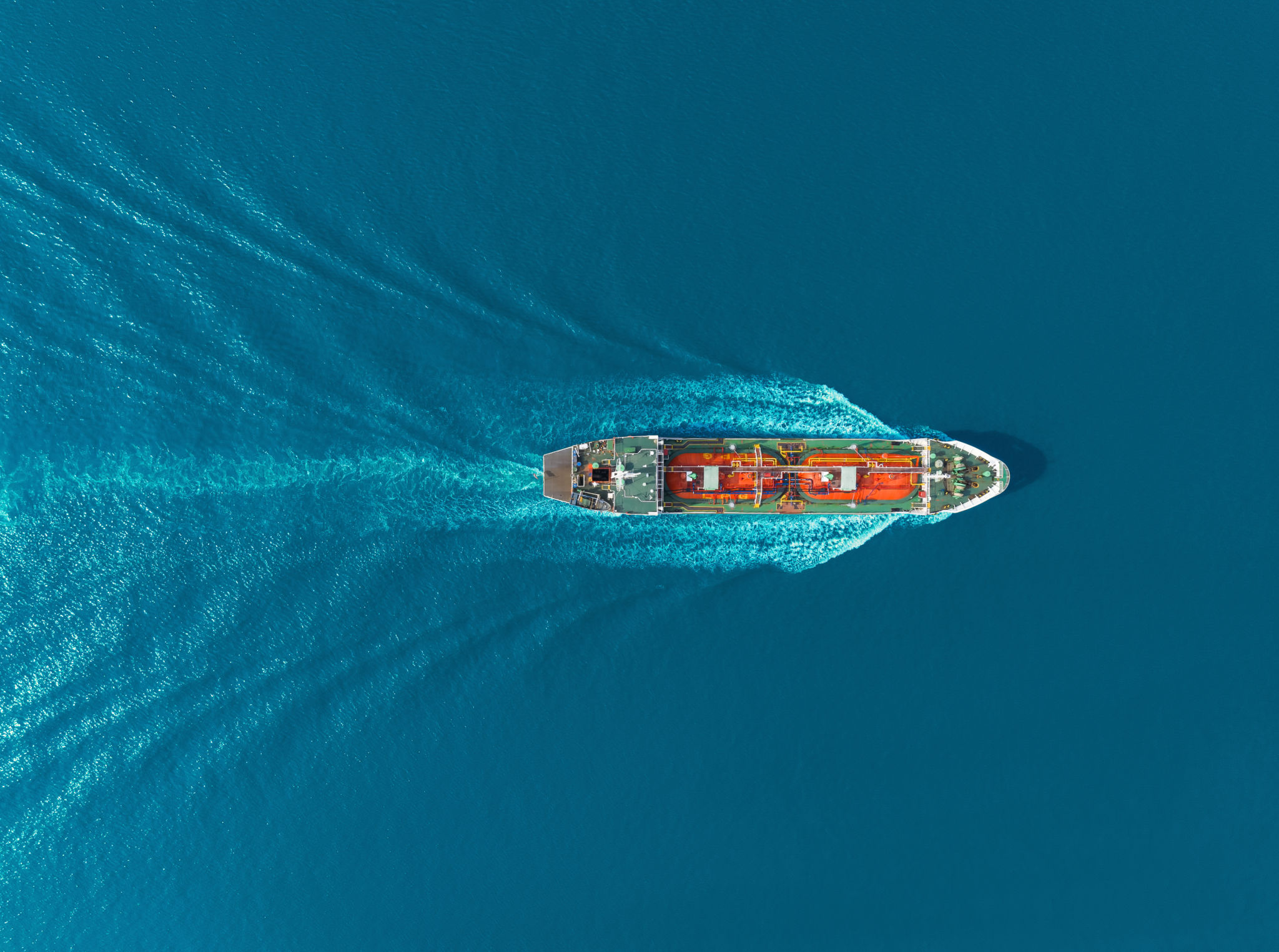The Role of AI in Revolutionizing Maritime Technology
Introduction to AI in Maritime Technology
Artificial Intelligence (AI) is transforming industries across the globe, and the maritime sector is no exception. With the increasing complexity of maritime operations, AI technologies are being integrated to enhance efficiency, safety, and sustainability. The role of AI in maritime technology is not just a trend but a revolutionary shift that is reshaping how the industry operates.
From smart navigation systems to predictive maintenance, AI is streamlining operations and reducing human error. By leveraging machine learning algorithms and data analytics, maritime companies can optimize their processes, reduce costs, and improve decision-making capabilities.

Enhanced Navigation and Route Optimization
One of the most significant impacts of AI in maritime technology is in navigation. AI-powered systems can process vast amounts of data from satellites, weather forecasts, and maritime traffic to chart the most efficient routes. This not only reduces fuel consumption but also minimizes the risk of accidents at sea.
Advanced AI algorithms can also predict weather patterns and ocean currents with greater accuracy. This predictive capability allows vessels to avoid adverse weather conditions, ensuring safer and more efficient journeys.

Predictive Maintenance for Vessels
AI is also revolutionizing how maintenance is conducted in the maritime industry. Predictive maintenance uses AI to analyze data from ship sensors to predict equipment failures before they occur. This proactive approach helps in scheduling maintenance activities more efficiently, reducing downtime and avoiding costly repairs.
- Improved safety by preventing unexpected failures.
- Cost savings through optimized maintenance schedules.
- Extended lifespan of maritime equipment.
The ability to foresee potential issues allows for better resource allocation and planning, ultimately leading to more reliable operations.

Automation in Port Operations
AI technologies are not limited to operations at sea; they are also transforming port activities. Automated systems powered by AI are optimizing port logistics by managing cargo efficiently and reducing turnaround times. This has a direct impact on the overall supply chain by improving the flow of goods worldwide.
AI-driven robots and automated vehicles are becoming commonplace in ports, handling tasks such as loading and unloading containers with precision and speed. This reduces human labor costs and enhances operational efficiency.
AI for Environmental Sustainability
The maritime industry is under increasing pressure to reduce its environmental impact, and AI is playing a crucial role in this endeavor. By optimizing fuel consumption and minimizing emissions through smarter route planning and engine efficiency, AI is helping to create a more sustainable maritime ecosystem.
Furthermore, AI-powered monitoring systems can detect oil spills or other environmental hazards in real time, allowing for swift action to mitigate damage to marine ecosystems.

Challenges and Considerations
While AI offers numerous benefits, integrating these technologies into maritime operations comes with challenges. Issues such as data security, technological costs, and the need for skilled personnel to manage AI systems must be addressed. Additionally, there is a need for regulatory frameworks that support the safe and ethical use of AI in the industry.
Despite these challenges, the potential of AI to revolutionize maritime technology is undeniable. As these technologies continue to evolve, their integration will undoubtedly lead to a more efficient, safe, and sustainable maritime industry.
Conclusion: The Future of Maritime Technology
The role of AI in revolutionizing maritime technology is just beginning. As advancements continue, we can expect even more sophisticated solutions that will further enhance operational capabilities and sustainability within the industry. Embracing these innovations will be crucial for maritime companies looking to remain competitive in an ever-evolving global landscape.
The future is bright for maritime technology with AI at the helm, steering the industry towards new horizons of possibility and progress.
